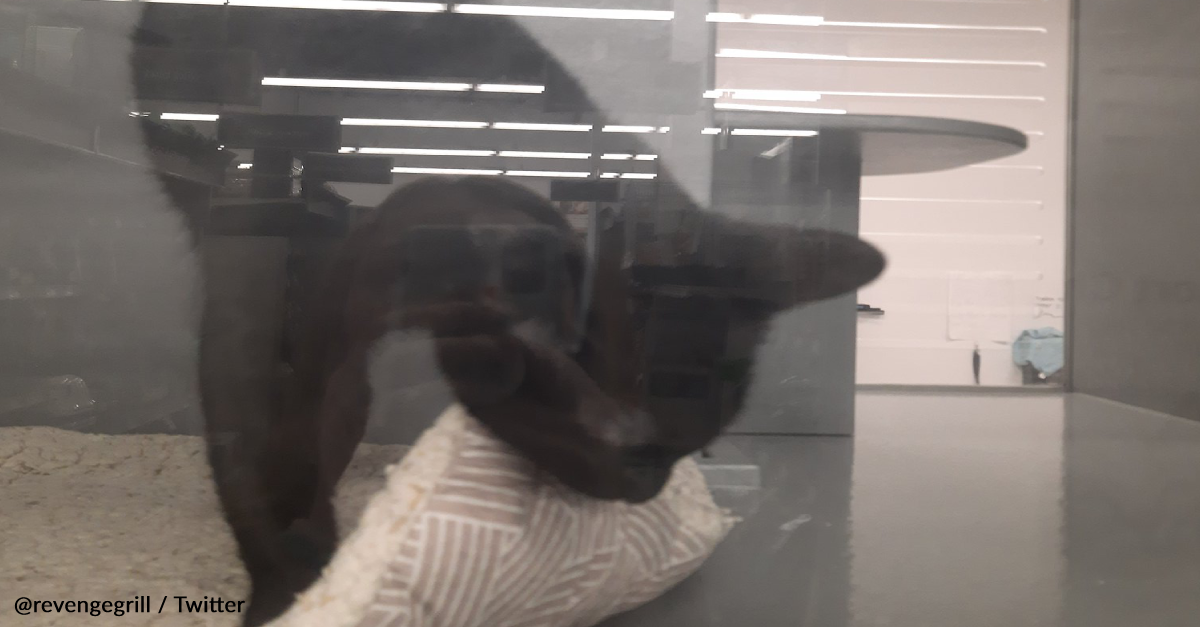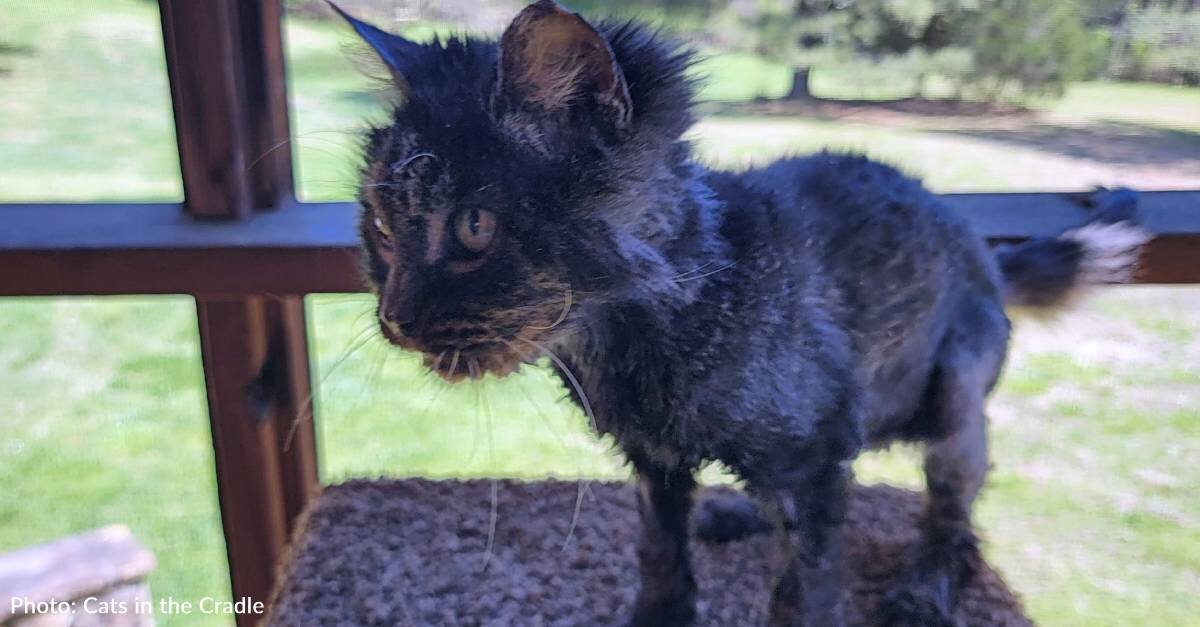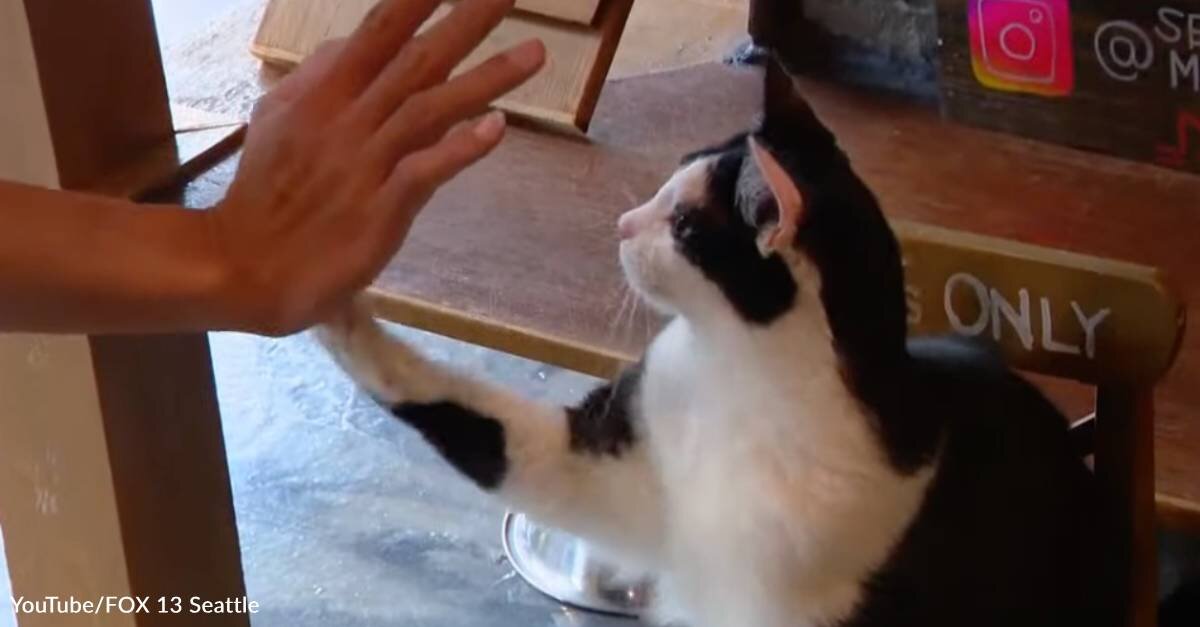In what-were-they-thinking?! news, it’s being reported that a South Island New Zealand competition encouraging children to kill feral cats for cash has been called off after intense fallout from animal rights groups and others.
Hosted by the North Canterbury Hunting Competition, it was announced that they had withdrawn a category offering kids under the age of 14 the opportunity to win roughly $150 for shooting the most feral cats by the end of June.

“The decision has been made to withdraw this category for this year to avoid further backlash at this time,” organizers of the competition noted in a statement posted to Facebook. “We are disappointed and apologize for those who were excited to be involved in something that is about protecting . . . native birds, and other vulnerable species.”
Conservation authorities there say feral cats are a significant threat to the country’s wildlife, which includes native birds like the kiwi, which are flightless. Feral cats typically prey on birds, bird eggs, bats, lizards, and native insects, according to officials there.
This is admittedly a huge problem, but apparently they haven’t heard of Havahart live animal traps. Yes, it leads to the question of what next, but wouldn’t it be better than having kids shooting and killing cats? That’s a precedent no one currently in their right mind should want to set.

Like many island countries, the first cats arrived there with European explorers on ships, and it didn’t take long for wild cat populations to explode. This is particularly true if there are few, if any, predators large enough to prey on cats — particularly those that are larger than domestic house pets.
New Zealand is set an eradicating all non-native pests by 2050. Besides feral cats, they hope to rid the area of stoats, possums, rats, and mice that have done a number on the fauna there over the centuries.
In addition to being repulsed by the idea in general, one of the concerns was that “hunters” could mistake house cats for feral cats.
“It is very difficult to tell the difference between a feral cat and a pet cat,” Will Appelbe, a spokesman for the animal rights group SAFE, told The Washington Post via telephone.

A fair segment of New Zealanders are said to allow their cats to roam freely outdoors, and “the boundaries can be blurred,” Appelbe added. “I spoke to someone yesterday whose cat used to be a feral cat, and it was trapped and tamed and subsequently re-homed.”
The competition’s rules stated that any cat embedded with a microchip would be disqualified, which Appelbe aptly pointed out was hardly a good deterrent, “because the cat is already dead by that point.” He expounded further by saying, “The problem with competitions like this is that they tend to attract novices, in this case, children.”

Craig Gillies, the principal scientist at the Department of Conservation, said in an email that feral cat control “should be undertaken by skilled and experienced people using the right equipment and methods.”
A science officer at SPCA New Zealand, Christine Sumner threw her two cents in by saying, “Instead of organized killing events, humane education can better prepare young people to appreciate and protect the biological heritage of New Zealand.”
For clarification, South Island’s official name is Te Waipounamu.






